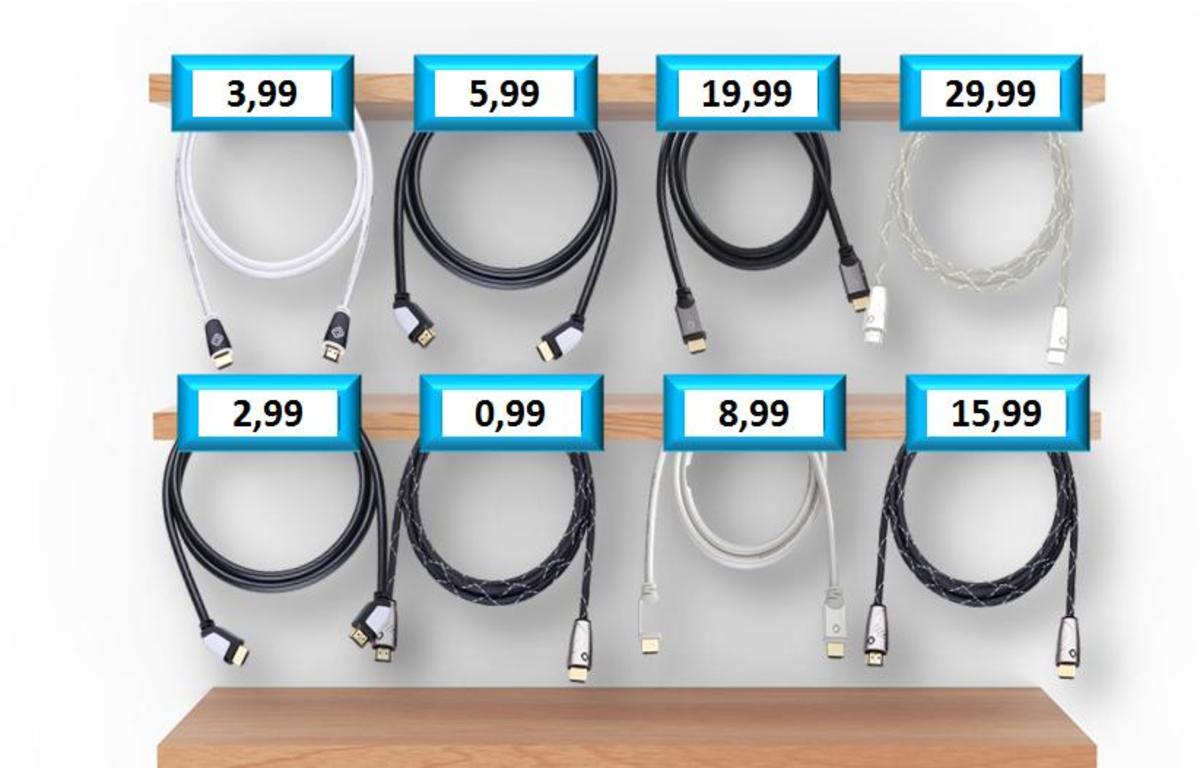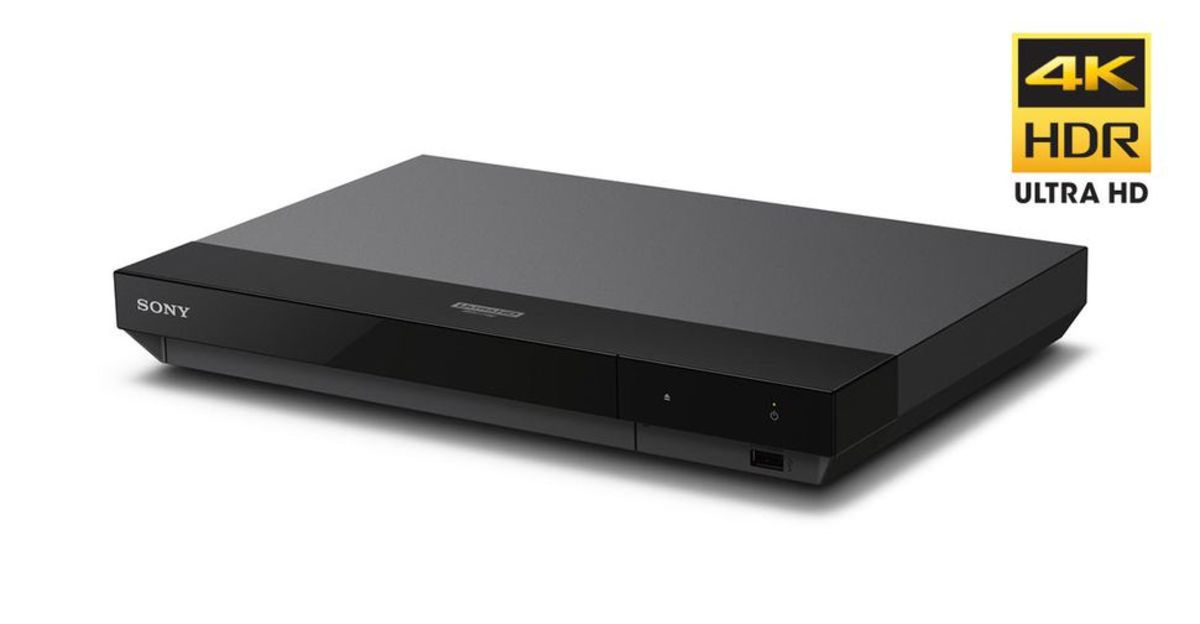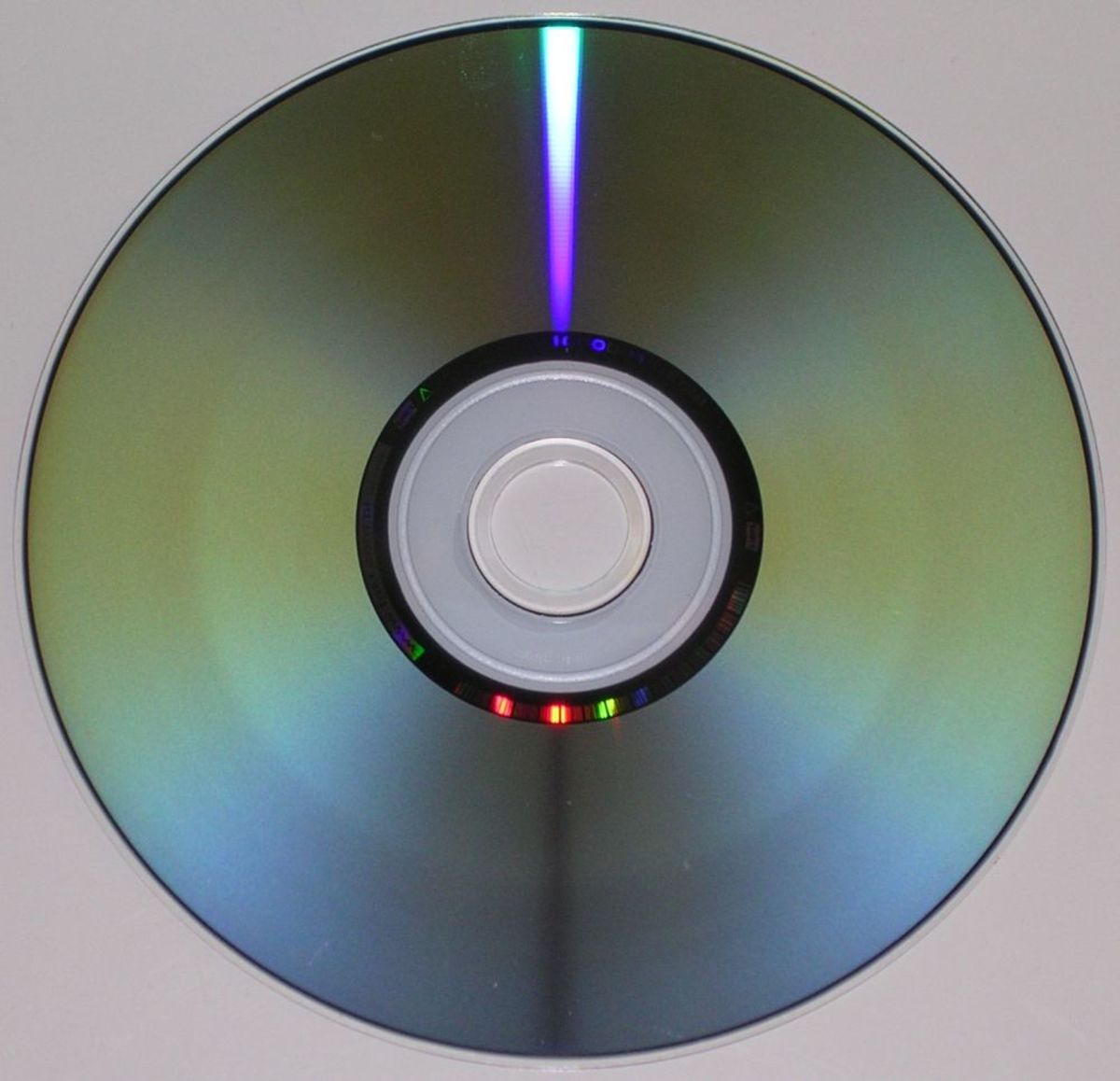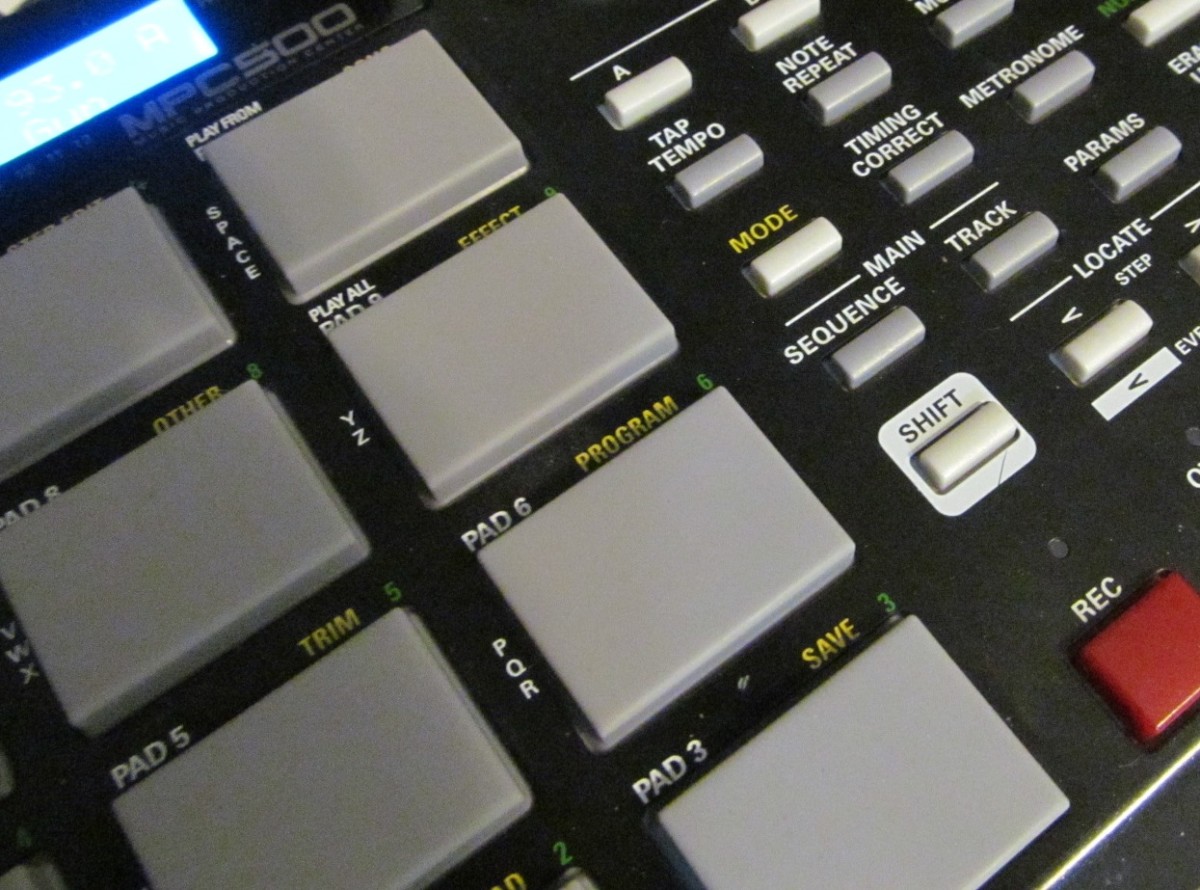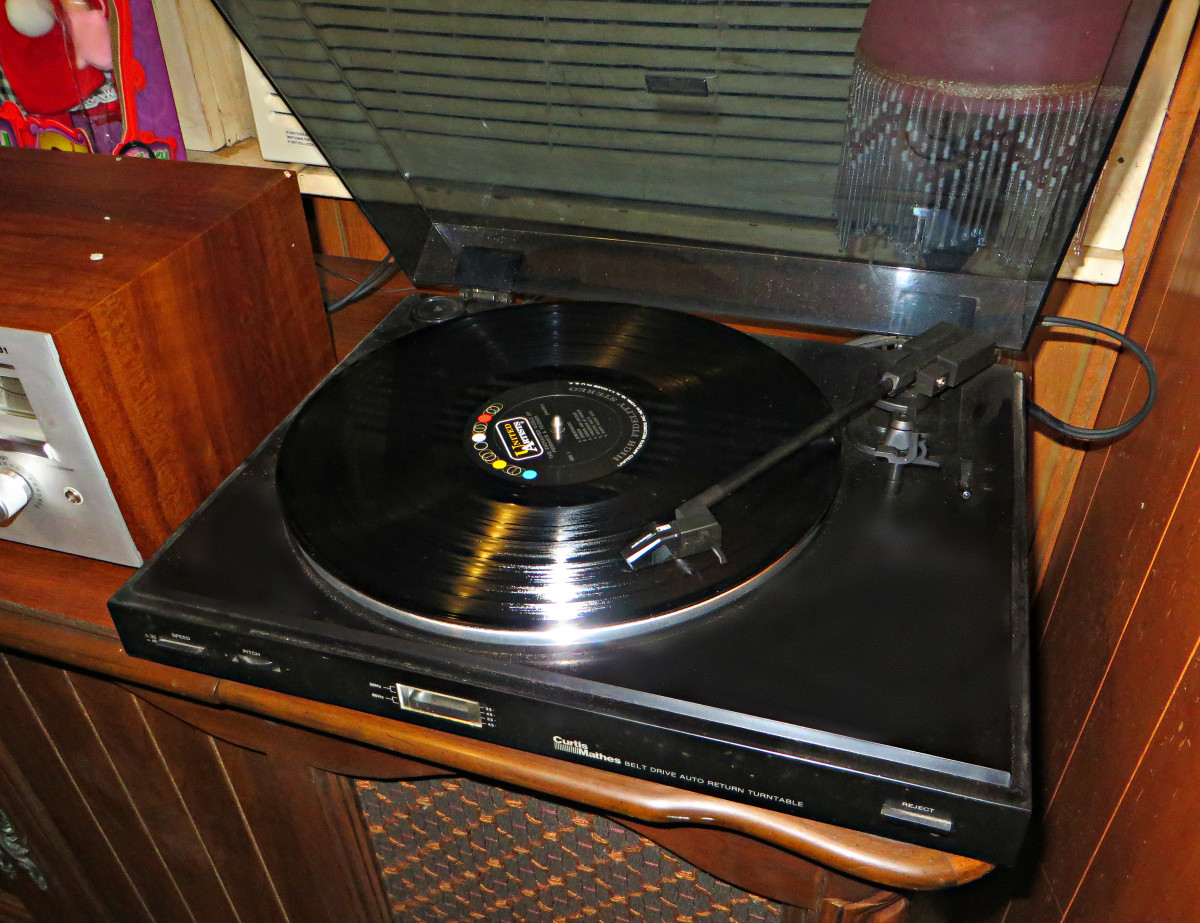HDMI DVD Players
There are a lot of people going out and buying HDMI DVD players, but is it really necessary? Just because they're supposed to make a big difference in you viewing pleasures, it doesn't mean that they necessarily do.
Now, I'm not saying that none of the DVD players with HDMI work. I'm just saying that some of them don't, and in general they don't all do exactly what they're supposed to do. But, even still, they are a better price and option than purchasing a Blu-ray player, since the DVD HDMI players upconvert.
The DVD HDMI players upconvert standard definition DVDs so that they look more HD-like, but there's typically a big difference between what a product is meant to do and what it actually does. A DVD player with HDMI output is designed to enhance picture quality by deinterlacing the incoming DVD and the scale so that the image on the screen is of a higher resolution than the TV that you're viewing the movie on.
Basically, the maximum resolution of DVD is 720x480, while Blu-ray is 1920x1080, and the HDMI DVD players are supposed to make the 720x480 DVD appear with a resolution of 1080.

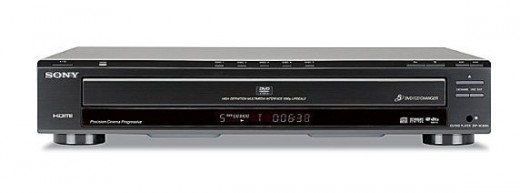
This may sound complicated, but a good DVD HDMI player will properly process the images so that there is a smooth picture on the screen, versus one that will exhibit little tears in the images and enhanced, dancing pixels.
Now, the question is whether or not the HDMI DVD players can really makea DVD movie really look like a Blu-ray movie, and the answer is no. If you're comparing a DVD to a Blu-ray movie on a television screen that is smaller than 32 inches, you probably won't notice any difference when playing the DVD on an upconverted DVD player, but if you have a larger screen, it's easy to tell the difference between the two.
Basically, you're taking something with a low resolution and you're blowing it up to scale. It's kind of like taking a picture from a low-MP camera and trying to blow it up to print at an 8x10 image; you'll probably end up with a fuzzy picture even after you try to sharpen the image.
Basically, the DVD movie looks great when played on a regular DVD player, but on larger screens, it just isn't going to compare to the Blu-ray version.
If you're trying to figure out what has more impact on your image quality- your DVD player or your TV- you'll find that it can get a little tricky because your TV is equipped with a video-processing chip that can de-interlace and scale images, and with some of the higher end TV's the internal processing chip will do a better job than your DVD player. So, given this, you'll find that if you have a budget brand television, you'll probably have better image quality if of a DVD if you were to purchase an HDMI DVD player, but if you have a higher-end HDTV, you're probably better off letting your TV do the upconverting for you.
If you opt to purchase an HDMI DVD player or even a DVD player with an HDMI input, you'll find that there is really little difference between the two. The biggest advantage of the DVD players with HDMI input is that you'll have one cable for your audio and video that will connect to your TV or AV receiver, making the overall device much cleaner and easier to deal with, whereas the downside is that they're more finicky.
If you purchase the upconverting DVD player, you want to set it to the resolution of your TV so that your TV doesn't do any of the processing. You want the DVD player to do it all. So if you have a 1080p TV, set the upconverting DVD player to 1080p, and if you have a 720p TV, set the DVD player to 720p.
If you want to use a standard DVD player with an HDMI component, you want to have it set to interlaced mode (480i), but if your HDTV doesn't have good processing, you want to set the DVD player to progressive mode (490p).
Are HDMI DVD Players Worth the Money?
So, now that you know the truths about HDMI DVD players, it's up to you to decide if it's going to be worth the money. There are some DVD HDMI players will actually show a difference in image quality when upconverting a standard DVD movie to high-definition, but you'll have to make sure that you check out the reviews so that you find out which ones are the best.
As for the upscaling DVD players, some critics claim that if you're going to purchase an upconverting DVD player, you want to stay under $70 so that you don't overspend on something that you may potentially not be satisfied with. Others say that if you're going to spend some money, then purchase an external video processor.
Either way, it's each to his own, and if you really want Blu-ray experience, you may find that it's better and sometimes cheaper to just purchase a PlayStation 3 and use it as Blu-ray DVD player.


